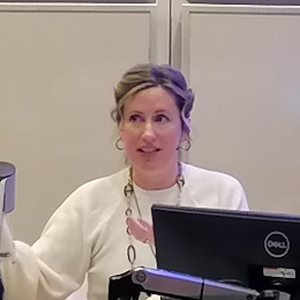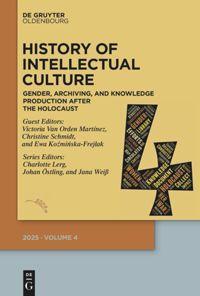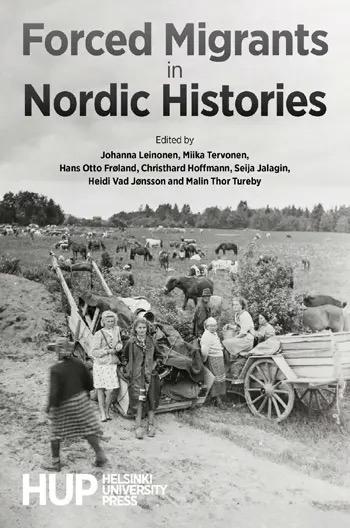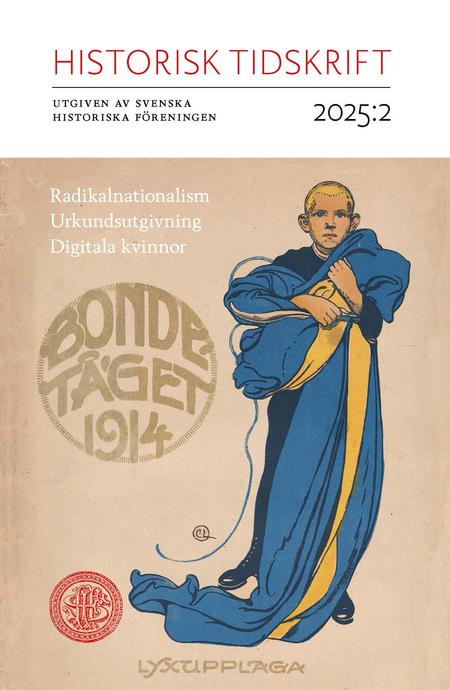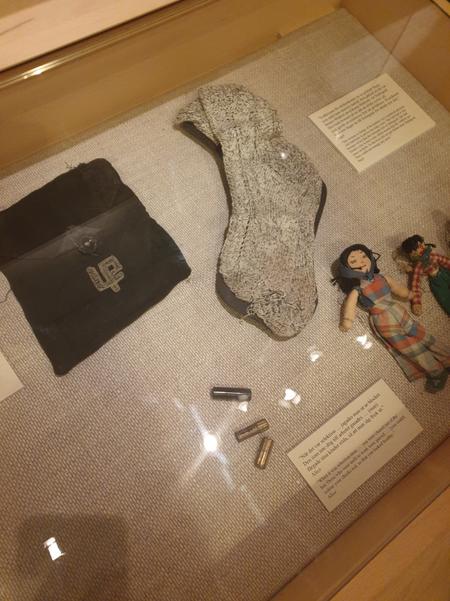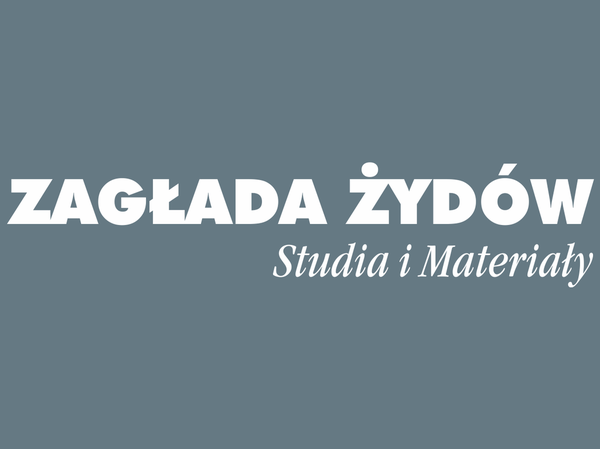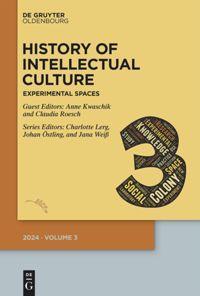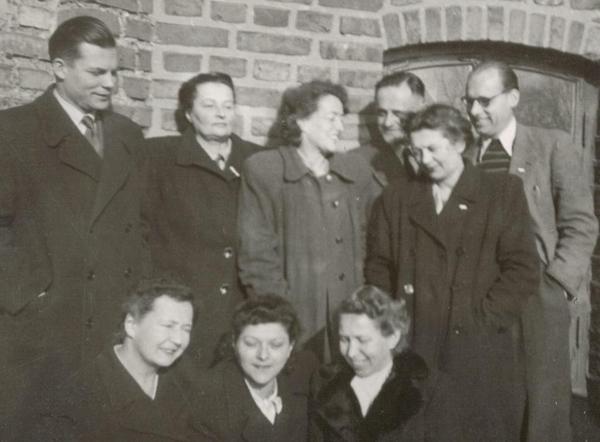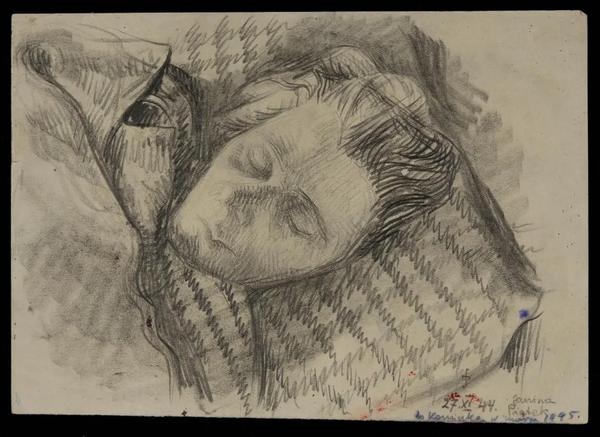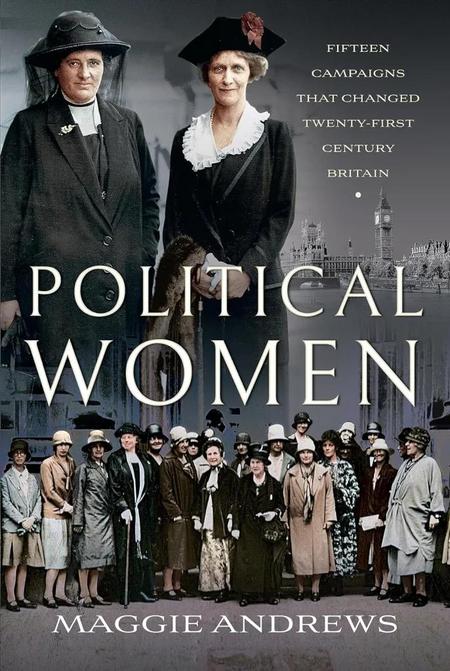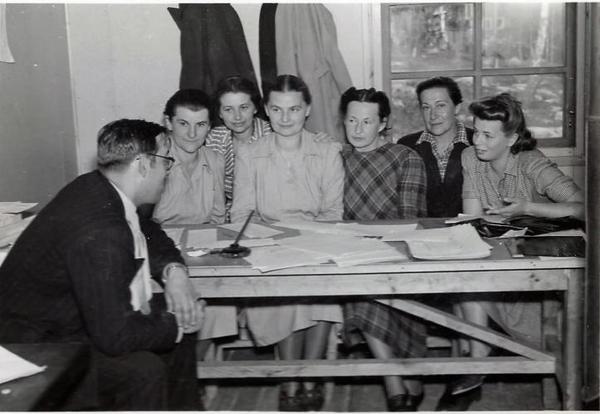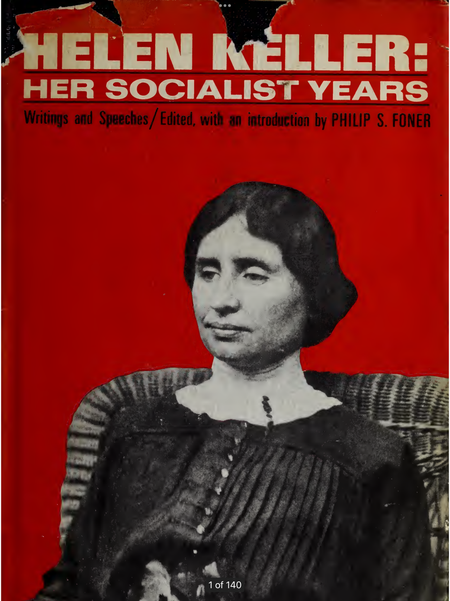
‘Our duty to present and future generations’: Victims’ Efforts to Document the Nazi Atrocities
My contribution to the anthology The Holocaust as European Memory / Förintelsen som europeiskt minne (Lund: Sisyfos förlag, 2025), edited by Ulf Zander, highlights unique items in the collection of the Polish Research Institute in Lund (PIZ) held at Lund University Library. This collection, also known as the “Ravensbrück archive,” was recently placed on the UNESCO Memory of the World register in recognition of its cultural and historical significance. The cover of the book is a nod to this archive in that it features a sketch of two unknown women in the Ravensbrück concentration camp that was made in August 1944 by Polish artist and political prisoner Jadwiga Simon-Pietkiewicz, who smuggled it and other artworks out of the camp and to Sweden in May 1945. In my chapter, I mention Simon-Pietkiewicz and her artworks, which I have also written about more extensively elsewhere. In fact, the entire collection of PIZ materials at Lund University Library and the corresponding artifacts at Kulturen i Lund have been hugely important to my past and ongoing research.
